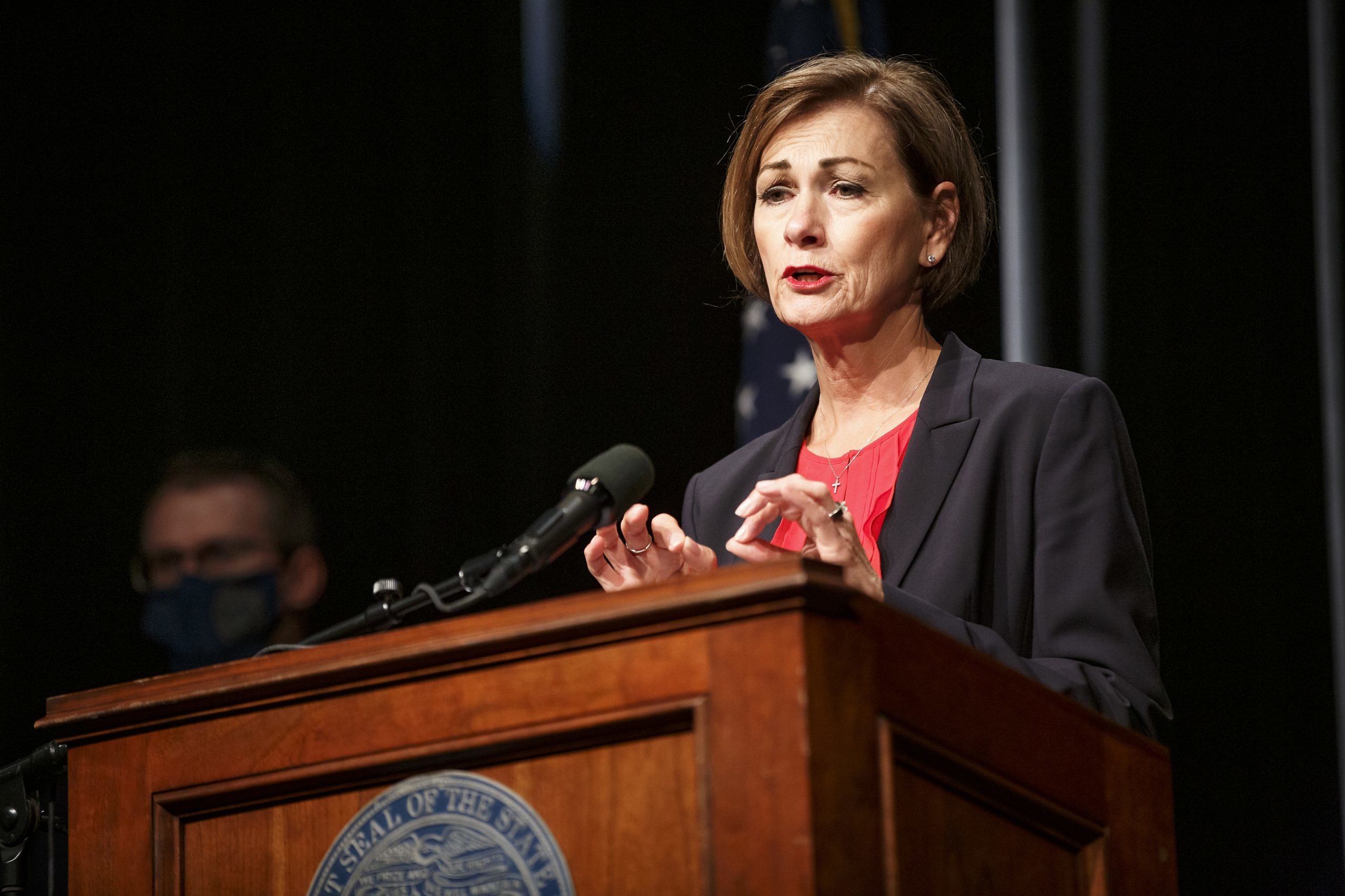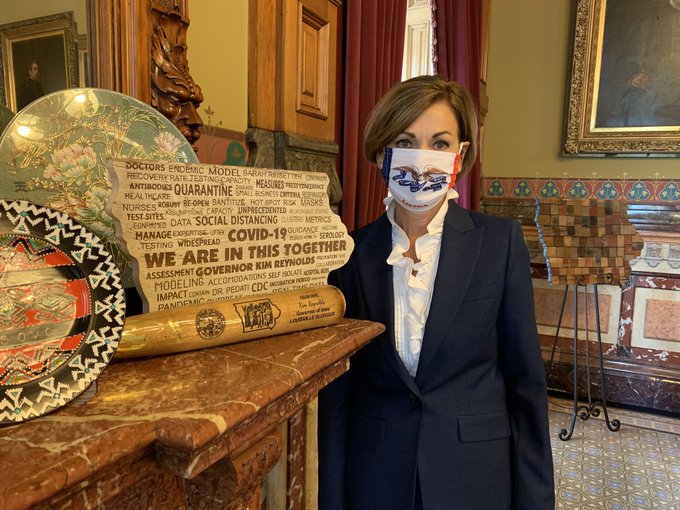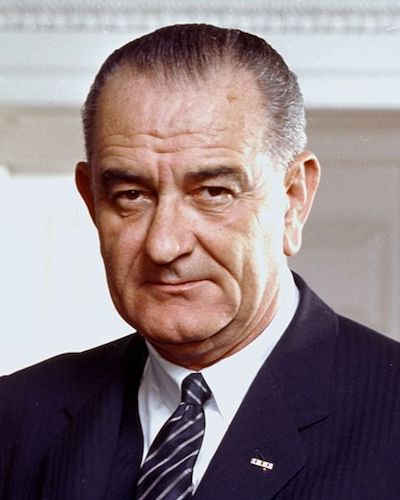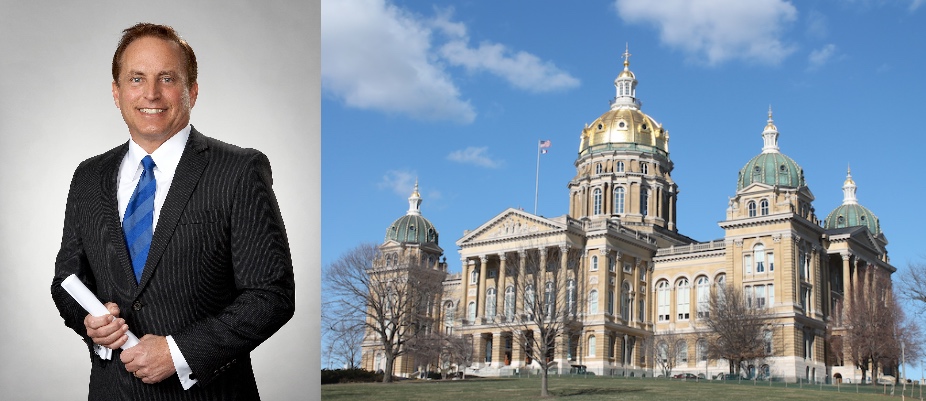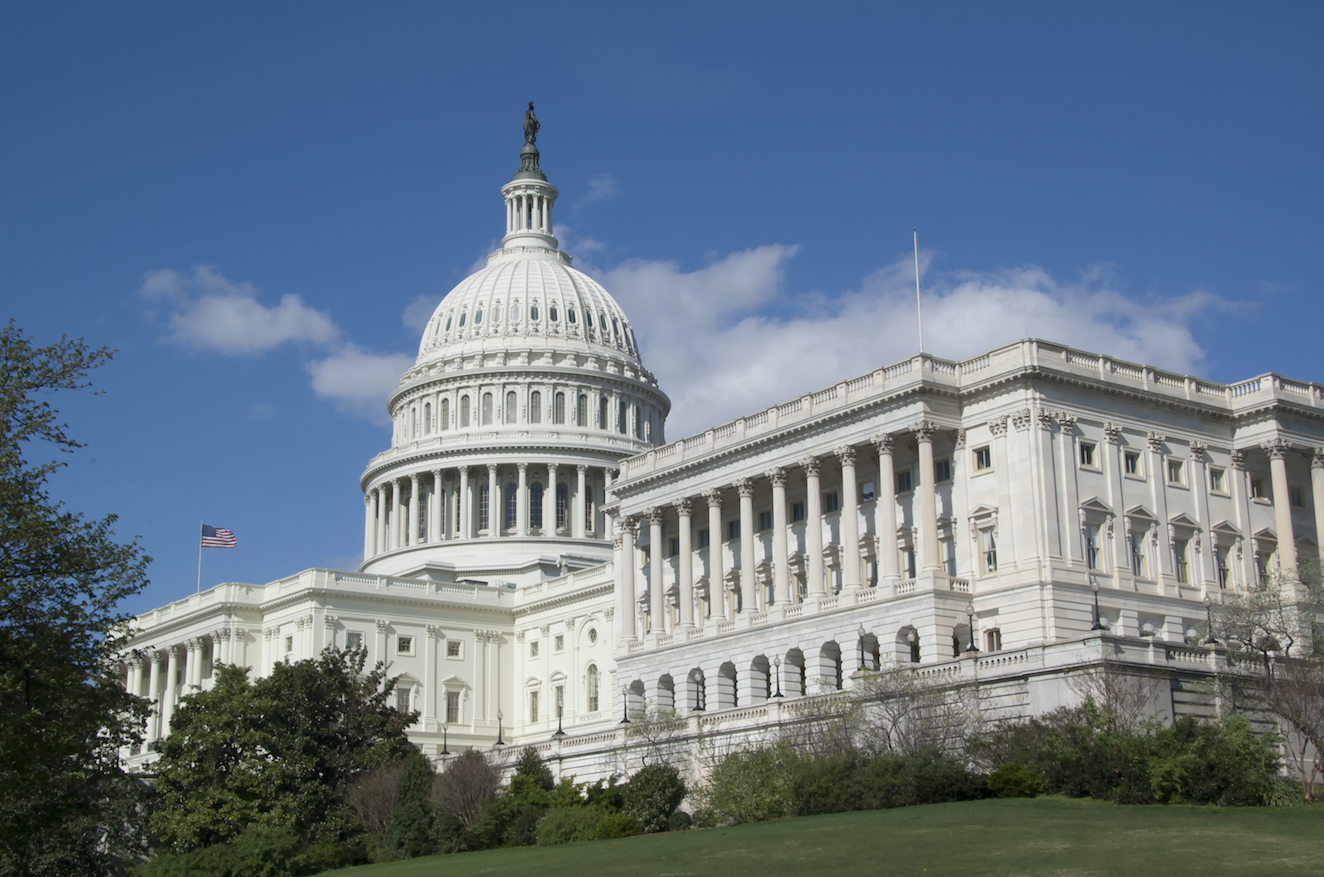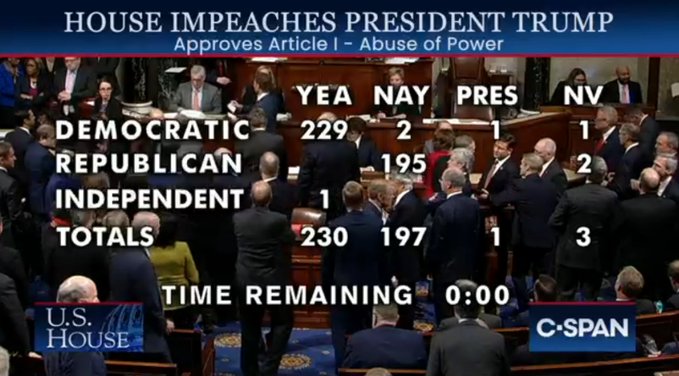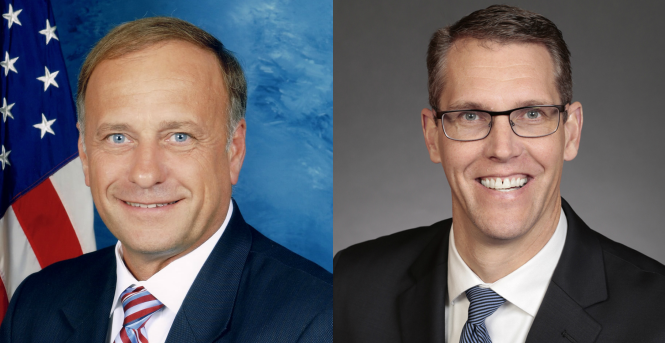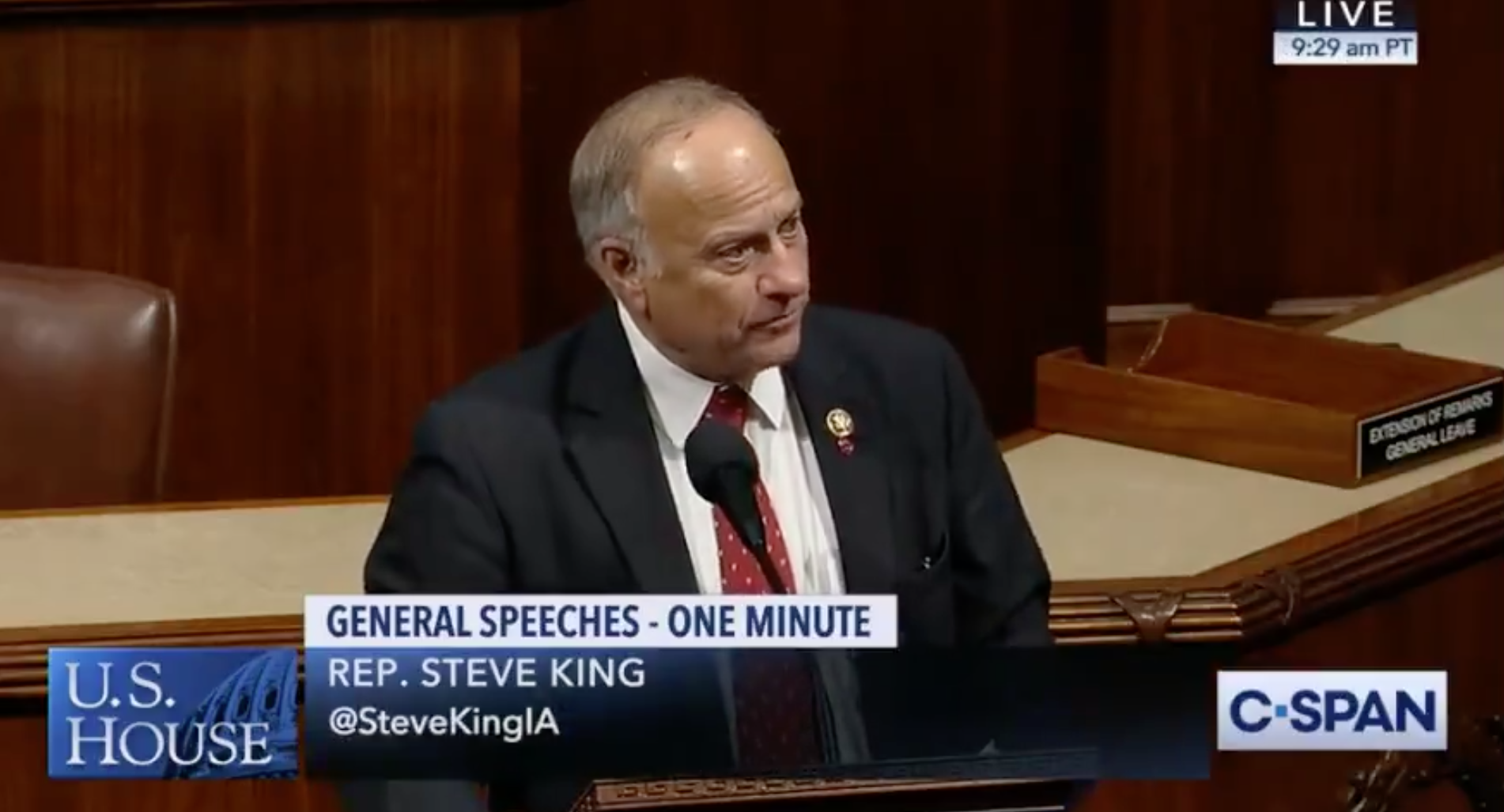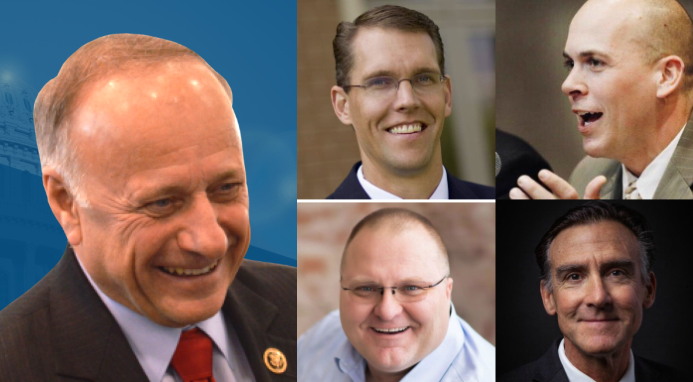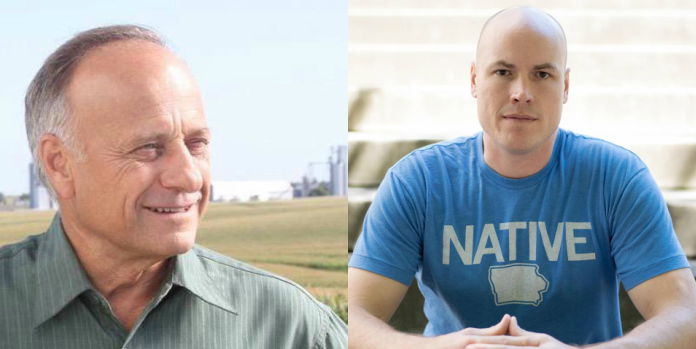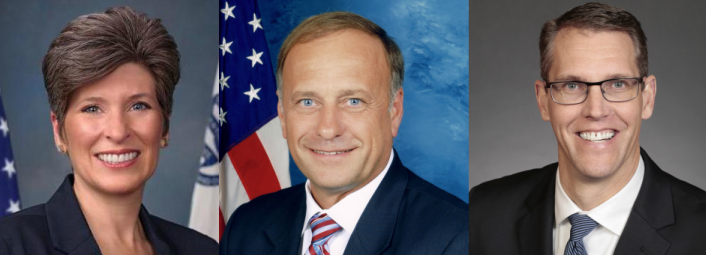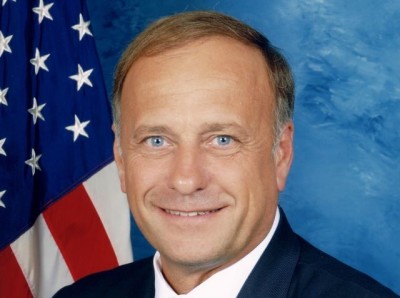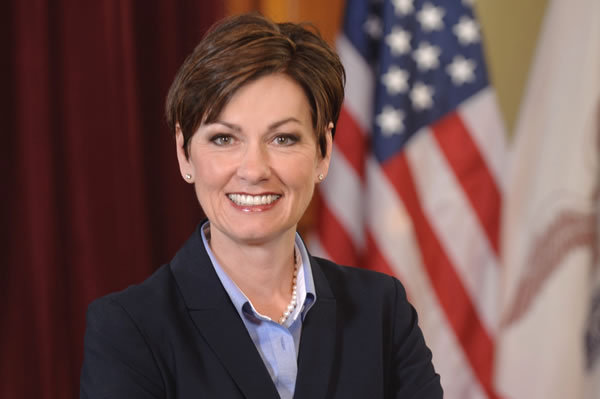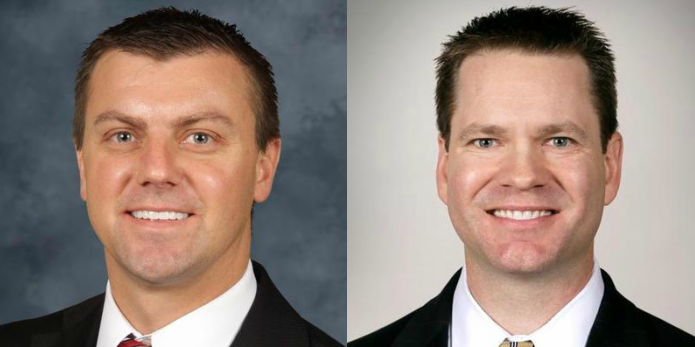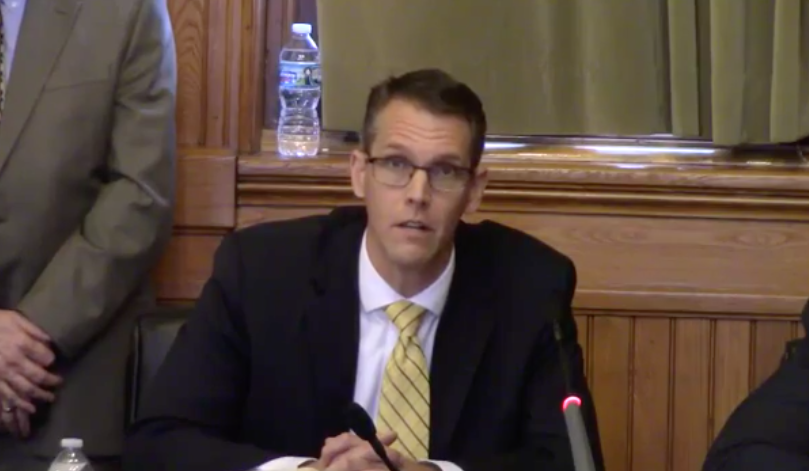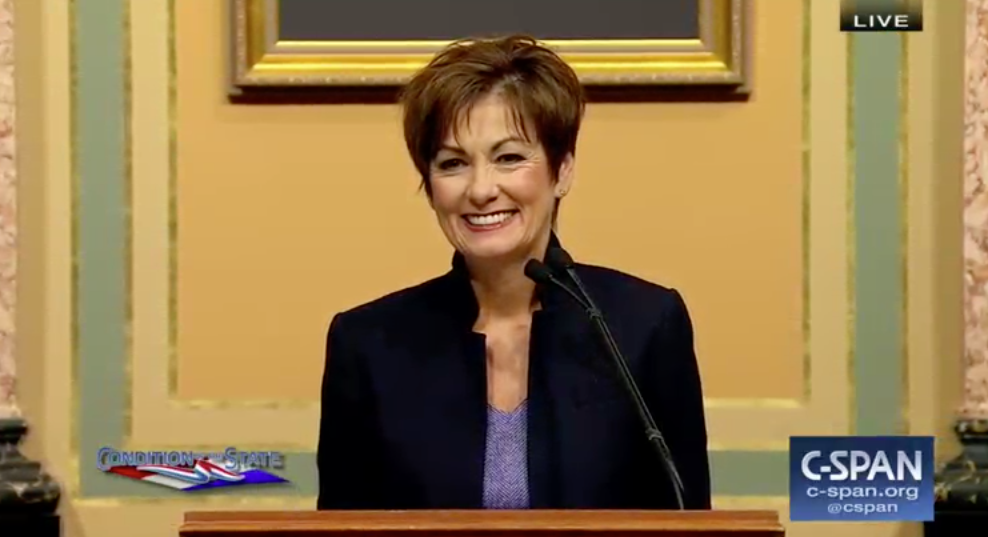“Much of the spread that we’re seeing in Iowa continues to be tied back to young adults” between the ages of 19 and 24, Governor Kim Reynolds said during an August 27 news conference, where she announced a new proclamation closing bars in Polk, Dallas, Linn, Johnson, Story, and Black Hawk counties.
Reynolds noted that young adults are spreading coronavirus to classmates, co-workers, and others “by socializing in large groups” and “not social distancing.” She added, “While we still know that this population is less likely to be severely impacted by COVID-19, it is increasing the virus activity in the community, and it’s spilling over to other segments of the population.”
The official narrative seems designed to conceal three inconvenient facts. Reynolds didn’t follow expert advice that could have prevented this summer’s explosive growth in cases. For months, she discouraged young, healthy Iowans from worrying about the virus. And despite her “#StepUpMaskUp” public relations campaign, Reynolds has failed to practice what she preaches when attending large gatherings herself.

